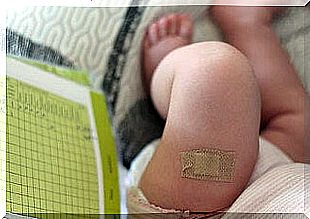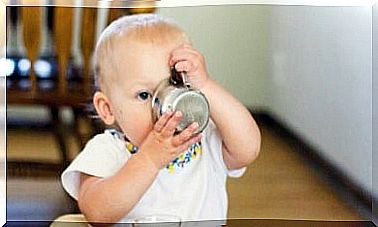Tips For Avoiding Vaccination Discomfort
Vaccination, especially when applied during the first five years of life, is a vital moment to prevent the appearance of very serious diseases that attack different organs and systems. However, this is one of the most difficult times for children who are afraid of needles.
Fortunately, there are very simple solutions so that the visit to the vaccination site is much less traumatic and that it gradually becomes easier for them:
Before being vaccinated
Find out what vaccines your child will receive so that you are informed about possible side effects. If you have any questions, don’t be afraid to ask a trusted doctor.
- Check the vaccination record for the number of doses and vaccines the child has received and show your doctor so that no doses are repeated.
- If you want your little one to feel more comfortable and relaxed, let them bring one of their favorite toys or the storybook they like best. It’s also a good idea to bring a blanket or something so that he can feel like he’s still at home and less tense.
- With older children, you can talk without a problem and say that even if the bite hurts a little, the pain goes away very quickly.
- If possible, ask other family members to be involved in the process to help you reassure you a little more.
- Avoid telling them unfortunate stories that might scare them more. The time before vaccination is not ideal for talking about bad experiences you and others have had during the vaccination.
in the doctor’s office

If you have any questions, this is the ideal time to ask them, especially regarding the care you should take after the vaccine. In some cases you will be recommended to give your child a pain reliever, but giving is often not convenient. Therefore, it is important that you receive sufficient and necessary information.
- In order for the little one to be distracted and think less about the pain he will feel, you can sing, start a fun conversation, show a video or anything else that makes him think of something different.
- Keep smiling and make eye contact with the boy or girl so that he feels supported and thinks everything will be fine.
- If he is a small child, it will help him a lot if you tell a story or interact with him using his favorite toy.
- As children grow, teach them to breathe properly so that the pain they will experience is less acute. Relaxed muscles hurt less than when they are tense.
- If the child cries, don’t blame him and say words of comfort that let him know that everything will be fine when he leaves the office.
- The timing after vaccination is critical. When you go to feed your children, give them a little affection and help them to make the experience more bearable for later occasions.
after vaccination

In many cases, after receiving a vaccine, children experience unpleasant physical reactions, such as pain where the injection was given, minor skin allergies and fever. Even if these reactions are normal and go away quickly with a little care, these tips are helpful for you to identify and minimize them as much as possible:
- Carefully read the recommendations you receive at your doctor’s office, especially the vaccine conditions and any technical information that tells you about expected side effects.
- Use a cold compress to gradually reduce skin tightness, inflammation, and pain.
- To reduce the fever, give the child a warm but short bath. If your doctor allows, give an appropriate pain reliever for your age.
- Give the little one a good amount of fluid to keep him hydrated. Remember that your child’s appetite may decrease during the 24 hours after vaccination, which is very normal.
- Pay close attention to the situation your child will be in after vaccinations. This way, you will know if there are any symptoms or conditions derived from the vaccine that require the help of a healthcare professional.








